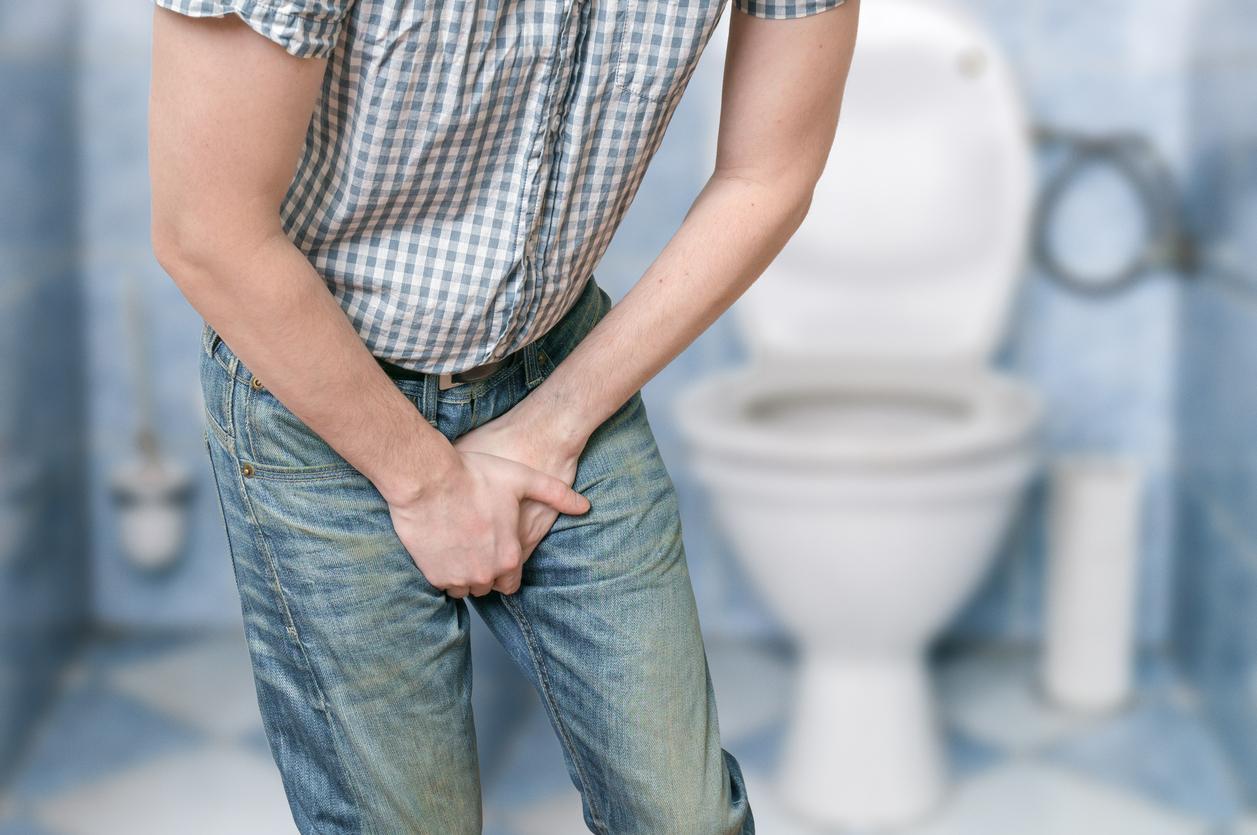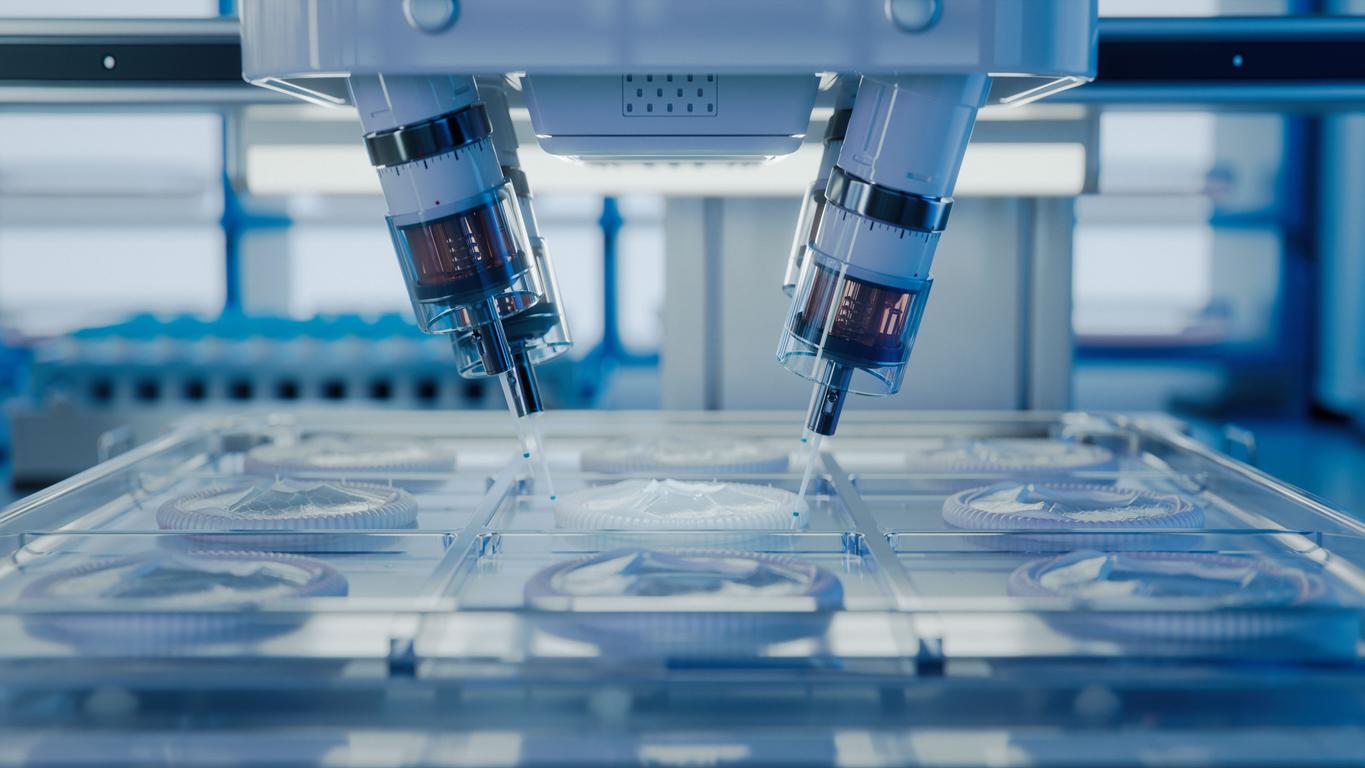Several treatments exist to help people suffering from urinary incontinence. Overview.

- The AFU (French Association of Urology) takes stock of the different ways of managing urinary incontinence.
- “There is a wide range of possible treatments to treat urinary incontinence which the doctor adapts step by step to his patient,” explains the association.
- 1/4 of the French population is directly affected by urinary incontinence.
“Urologists have a central place among people suffering from urinary leakage. There is a wide range of possible treatments to treat this pathology which the doctor adapts step by step to his patient.” On the occasion of a week of awareness of urinary incontinence, the AFU (French Association of Urology) takes stock of the different ways of managing this disabling disease.
Urinary incontinence: what are the first tests to do?
“As soon as the first leaks occur, it is necessary to consult a urologist. The latter will first check for the possible presence of a serious illness which could be the cause of the incontinence (bladder tumor, infections, diseases neurological, etc.)begin the urologists.
The specialist doctor will then ask the patient to create a diary of their urination. “This essential document will allow us to count the number of urinations, urgencies, daily leaks and nighttime getting up,” continue the experts. “For men, the urologist will also look at the patient’s prostate to rule out a possible associated emptying disorder”, they add.
Urinary incontinence: what treatments are available?
Once these examinations have been carried out, urologists can offer different treatments.
As part of “stress urinary incontinence”, we start with perineal rehabilitation and we avoid the contributing factors. In the case of obesity, for example, long-term treatment is mainly weight loss.
Urologists can also suggest surgery, the principle of which is to strengthen the perineum or sphincter using either natural means or prosthetic reinforcements.
For “urinary incontinence due to urges”, this always involves perineal rehabilitation and lifestyle modification. A heavy tea or coffee drinker will therefore have to reduce their consumption, because these drinks are substances that stimulate the bladder.
“Medications can be combined with physiotherapy”, still indicates the AFU. “Urologists may also offer oral treatments aimed at relaxing the bladder or delaying the sensation of needing to urinate,” details the non-profit organization.
Stimulation, the principle of which consists of delivering small electrical currents to the nerve of the bladder in order to restore its normal function, is also a solution.
Finally, it is finally possible to inject medication directly into the bladder to calm it.
Urinary incontinence does not only affect women
Stress urinary incontinence mainly affects women who have had several pregnancies, difficult births, babies with a high birth weight or who have not undergone perineal rehabilitation… But other factors such as excess weight, Obesity, pelvic surgeries and risky sports can also induce this pathology.
Men are also faced with urinary losses, particularly in the case of prostate problems. This disorder occurs in 3 to 5% of forty-year-olds and then increases with age to affect 10% of 60-year-old men and 30% of 90-year-old men.
In Europe, 55 to 60 million people suffer urinary incontinence and 1/4 of the French population is directly affected by this disease.

















